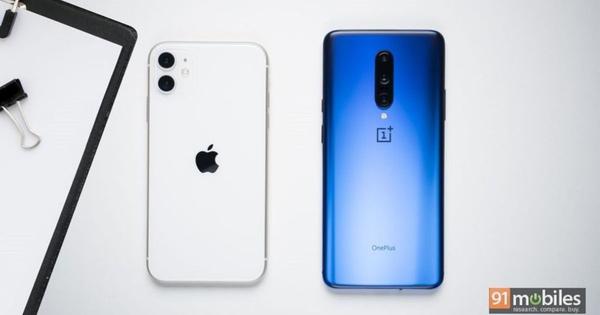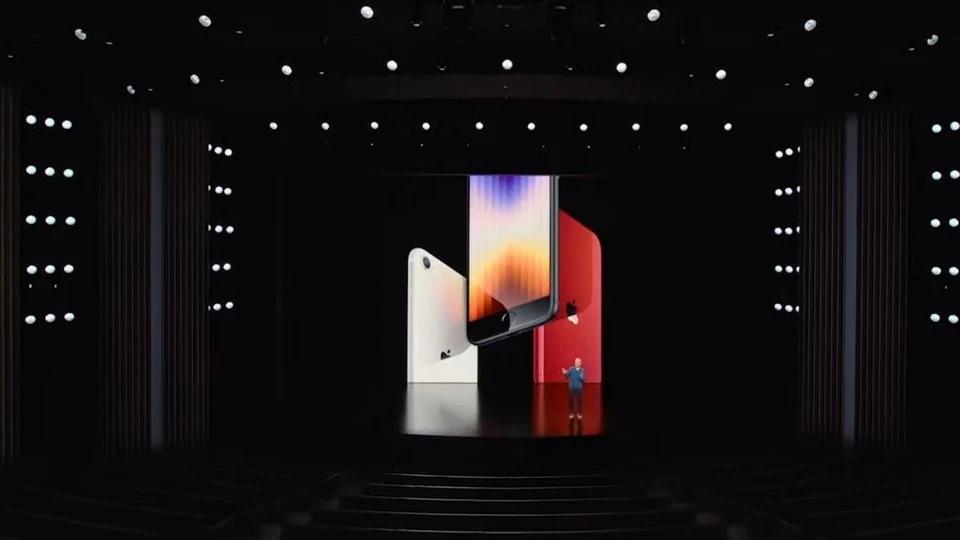Russia and The 5G Cold War
//php echo do_shortcode('[responsivevoice_button voice="US English Male" buttontext="Listen to Post"]') ?>
The advance of the massive Russian army into Northern Ukraine (hampered though it is by logistical concerns) has reawakened Europe to a type of fighting it has not witnessed on a large scale for 75 years: A brutal, urban slogging campaign where casualties — both civilian and military — continue to grow apace.
The West, namely the United States and its NATO allies, doesn’t have many options to respond to this aggression (no-fly zones, etc.) unless they are willing to draw Russia into a new world war. So sanctions are the only real response to the Ukraine conflict that the opposing allies can muster.
Everything from oil and gas, to bank accounts, to luxury yachts has been frozen or blocked by the European Union, the United Kingdom, and the U.S. Beyond the more obvious embargos, technological punishments have featured heavily among the prohibitions handed down so far.
Principally, the White House has laid down wide-ranging semiconductor sanctions against Russia that are aimed at its military but will also affect its high-tech and telecom sectors. These have already started to have an effect.
Notably, Taiwan Semiconductor Manufacturing Company (TSMC), the world’s largest chipmaker, has already agreed to halt the export of semiconductors to Russia. The country relies on TSMC for chips that are used in everything from smartphones to military equipment.
The 5G landscape in Russia
Ericsson and Nokia have already confirmed that they have stopped supplying infrastructure to Russian operators Mobile TeleSystems (MTS), Megafon, and Veon. Russia’s largest mobile operator MTS started working with the Swedish vendor in 2020 on large-scale modernization of its existing cellular infrastructure (2G/3G/4G) towards a 5G future.
In April 2021, MTS had opened a 5G Innovation Hub in St. Petersburg with Ericsson. The pair had started to roll out private cellular networks, which Erisson called “5G-Ready”, for industrial steel giant PJSC Severstal in October 2021, among others.
All this is now kaput, because of the Russian aggression against Ukraine. The Scandinavian vendors have stepped out of any Russian deals, and won’t be back for the foreseeable future.

Indeed, Russian operators could end up paying billions of rubles to rip and replace any Ericsson and Nokia equipment as they move to 5G. At present, there are no major commercial 5G networks in Russia and only around 14 5G deployments at “iconic locations” in Moscow.
Like the U.S., Russia has no domestic 5G vendors currently producing infrastructure. This leaves major Chinese vendor, Huawei, as the main supplier for any Russian 5G deals.
Huawei has already started working with MTS on 5G deployments, commencing with the iconic sites in Moscow in April 2021. The pair originally signed a 5G deal back in June 2019.
The other Russian operators, like Megafon and Veon, are only testing 5G right now. Indeed, Veon (which calls its mobile operations in Russia ‘Beeline’) is still focusing on 4G coverage.
So, MTS will be the main operator rolling out 5G in Russia, with Huawei supplying the infrastructure.
A comms cold war?
As of now, Huawei is the largest infrastructure vendor in the world, deploying 4G and 5G across much of Africa and Asia. Suspicions over the vendor’s cozy relationship with the communist Chinese government have grown over the last decade or so. The vendor is banned in America, the U.K. has ruled that any Huawei 5G equipment must be removed from networks by 2027, and many other countries have implemented or are considering bans.
Dell’Oro Group reported in mid-March that worldwide telecom equipment revenues approached $100 billion in 2021, up more than 20% since 2017, largely driven by RAN growth. Huawei remains the top equipment vendor in the world, although the U.S. government’s efforts to block the use of the Chinese vendor is having some effect.
Because of the Ukrainian invasion, we could be seeing a new kind of cold war taking root in the communications sector. Even if Chinese vendors are happy to supply Russian operators with 5G equipment, semiconductor sanctions from the U.S. will make it more difficult to source communications chips for the infrastructure.
“Chinese chipmakers have limited capacity and clearly can’t make up all the process technologies that Russia was getting elsewhere,” Robert Maire, president of Semiconductor Advisors told EE Times in an article on the effects of the tech sales ban.
Also, after the Covid pandemic, Chinese domestic chipmakers, such as Semiconductor Manufacturing International Corp. (SMIC), are busy trying to meet the demand for chips at home.
It is very unlikely that Chinese vendors will stop selling to Western customers because of Russia’s war. The current Western pressure on Russia, however, combined with the bans onChinese vendors, such as Huawei and ZTE, could possibly signal the start of a new phase in the fractious relationship between East and West — a communications cold war, if you will, with 5G and other major technological advances being delivered more at the whim of the political wants of the various parties involved.
Consumer woes
Russian consumers won’t be able to buy many popular 5G smartphones either, thanks to the Ukrainian conflict. Apple has stopped iPhone sales in Russia, as has major Android provider Samsung. Google, meanwhile, has stopped allowing Russian users to buy applications from its Play app store.
It may prove difficult for Chinese vendors to provide 5G phones to Russian customers in the wake of the war because the U.S. provides the main technology used in the core filter of a 5G RF chip. This has already made life difficult for Huawei, which has not been able to bypass its already-in-place American chip ban, so the company has been waiting for a Chinese-made 5G RF chip, expected to be delivered sometime in 2022.
Now, the Western chip bans will affect all Chinese vendors, such as Honor and Xiaomi. Chinese vendors import 60% of smartphones into Russia and have reportedly halved shipments since the conflict started.








